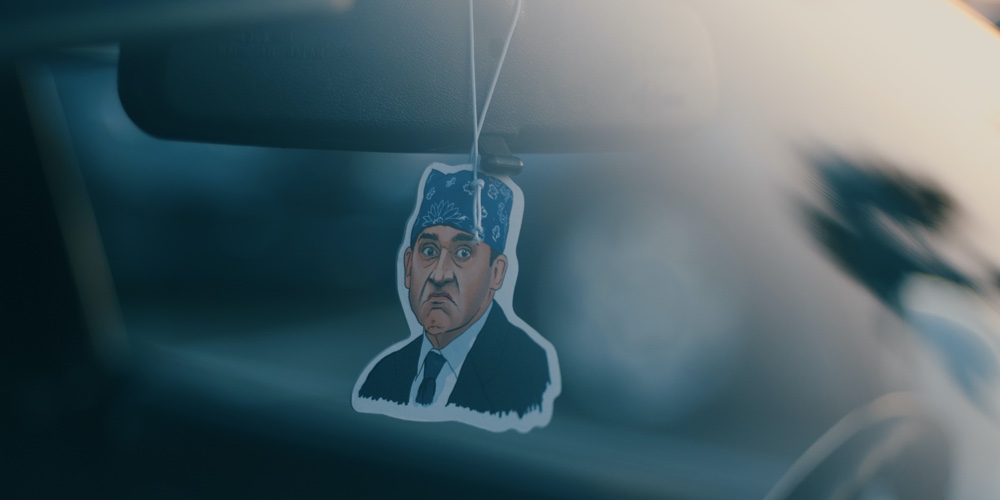Diversity Day at The Office

I recently discovered the Superfan episodes of the sitcom, “The Office,” which prompted me to go back and watch the series from the beginning. I hadn’t remembered that the series’ second episode was “Diversity Day.” The corporate office had hired a consultant to raise awareness about diversity as a result of something Michael Scott had done. Fans of The Office might expect that every attempt Michael made to have positive conversations and interactions around diversity ultimately led to more cringeworthy moments.
As a person of color, I live with micro-aggressions. Simply put, micro-aggressions are these moments, experiences, or incidents of indirect, subtle, or unintentional discrimination. The most common place where these occur is the workplace. Here are a couple of real-life examples.
Several years ago, I was helping a member with their loan and at the end of the transaction the member said, “You know what Oscar, can I tell you something?” I politely smiled and said, “Sure.” You know that feeling you get when you just know that something bad is about to happen? That’s exactly what I was experiencing in this moment. He excitedly said, “Your English is really well-spoken!” My response was, “Well, I’ve been practicing for 25 years.” I was attempting to be sarcastic: As someone who was born in this country, I had been speaking English my whole life. Why would it not be well-spoken? My sarcasm went over this member’s head and he replied, “Well that makes total sense!”
A few years ago, my former colleague Sade, who is black, had recently had her hair braided. One of our teammates reached out to pet her hair as if she was some kind of animal at a petting zoo and said, “Oh my god, I love your hair!” It’s still something we talk about to this day.
You might be reading this and thinking, “Well, the intent was good. The member just wanted to compliment your speaking… the colleague genuinely liked Sade’s new hairstyle!” Often, when a micro-aggression is confronted, the reaction is defensive, “I didn’t mean anything by it! You’re taking it wrong!” What must be remembered in these situations is that the intent does not equal the impact of the statement or act. In the moment, if you have done or said something that hurts someone else, the intent becomes completely irrelevant. Only the impact matters.
When talking with the credit unions we work with at Humanidei, our Voice of the Employee Research often finds that the most common place where staff are likely to face discrimination is from members. It also isn’t uncommon for employees of color to experience micro-aggressions from their colleagues.
What should you do if you have micro-aggressed your colleague? As a person of color, I can tell you that we can become numb to those micro-aggressors who might not even be self-aware enough to realize what they have done, likely to move on without ever acknowledging what happened. If you do have the awareness though (or someone gives you the gift of helping increase your awareness), be sure you don’t take the Michael Scott approach by just making it worse. Do not become defensive, or worse yet, dismissive. Take responsibility for the mistake and the impact it had, and apologize. Accept this as a learning opportunity, ready to do better going forward.
When we value each other as colleagues and humans, we want to create a space where our impact leaves a positive impression. Openness to learning and a commitment to improving will go a long way in creating a more inclusive workplace.





